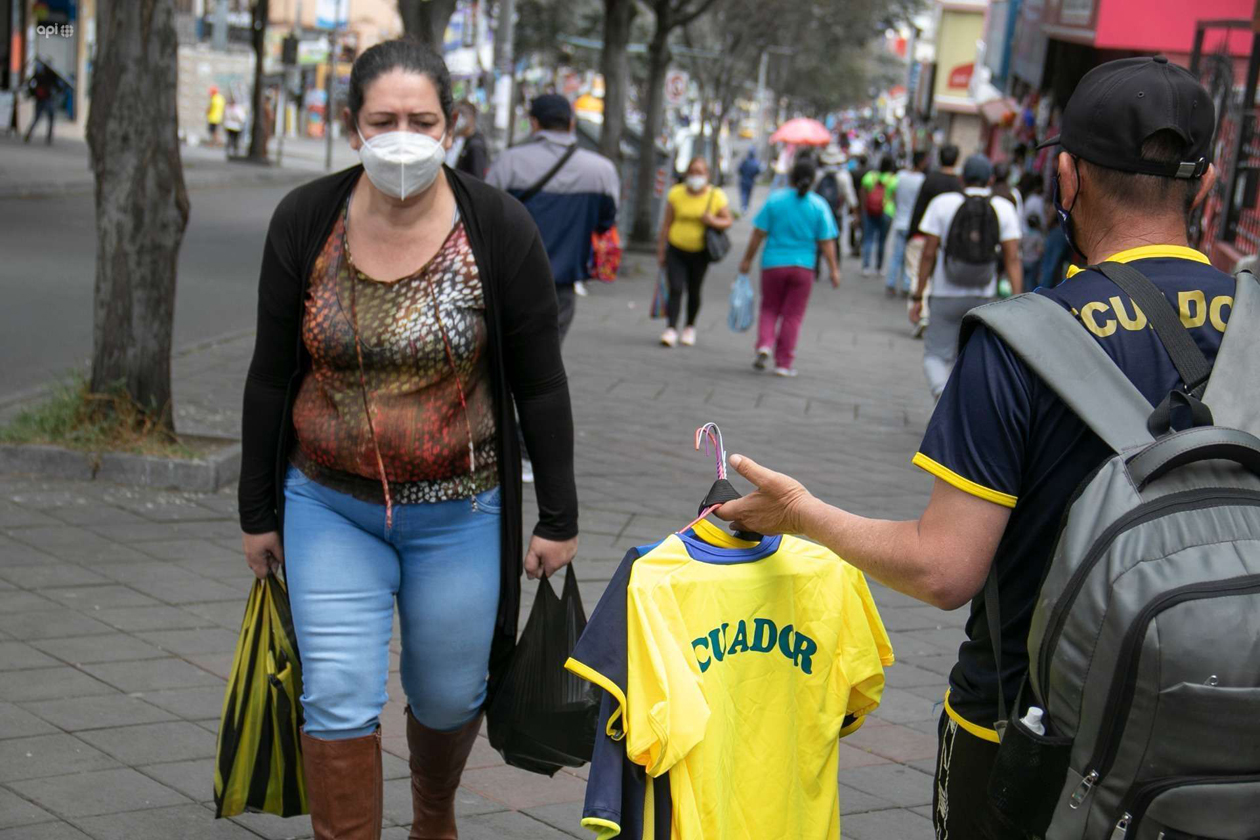The Informal Economy and Economic Growth of Russia
By Minhyeon Jeong The size of the Russian informal economy has attenuated since 2014. However, there are a host of workers involved in economic exercises in the informal sector, and a handful of industries seems to rely on the informal economy too-much intensively. This manuscript takes a brief look at several issues going around the concept of the informal economy, then overviews the Russian informal economy and foresees its growth implications. Source: SSRN 260 views










